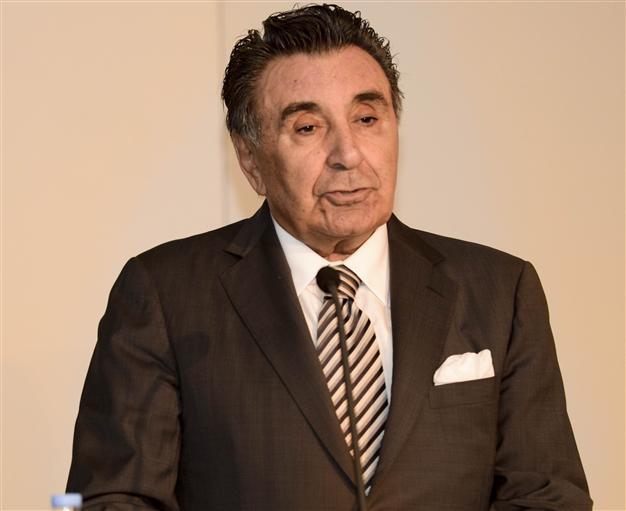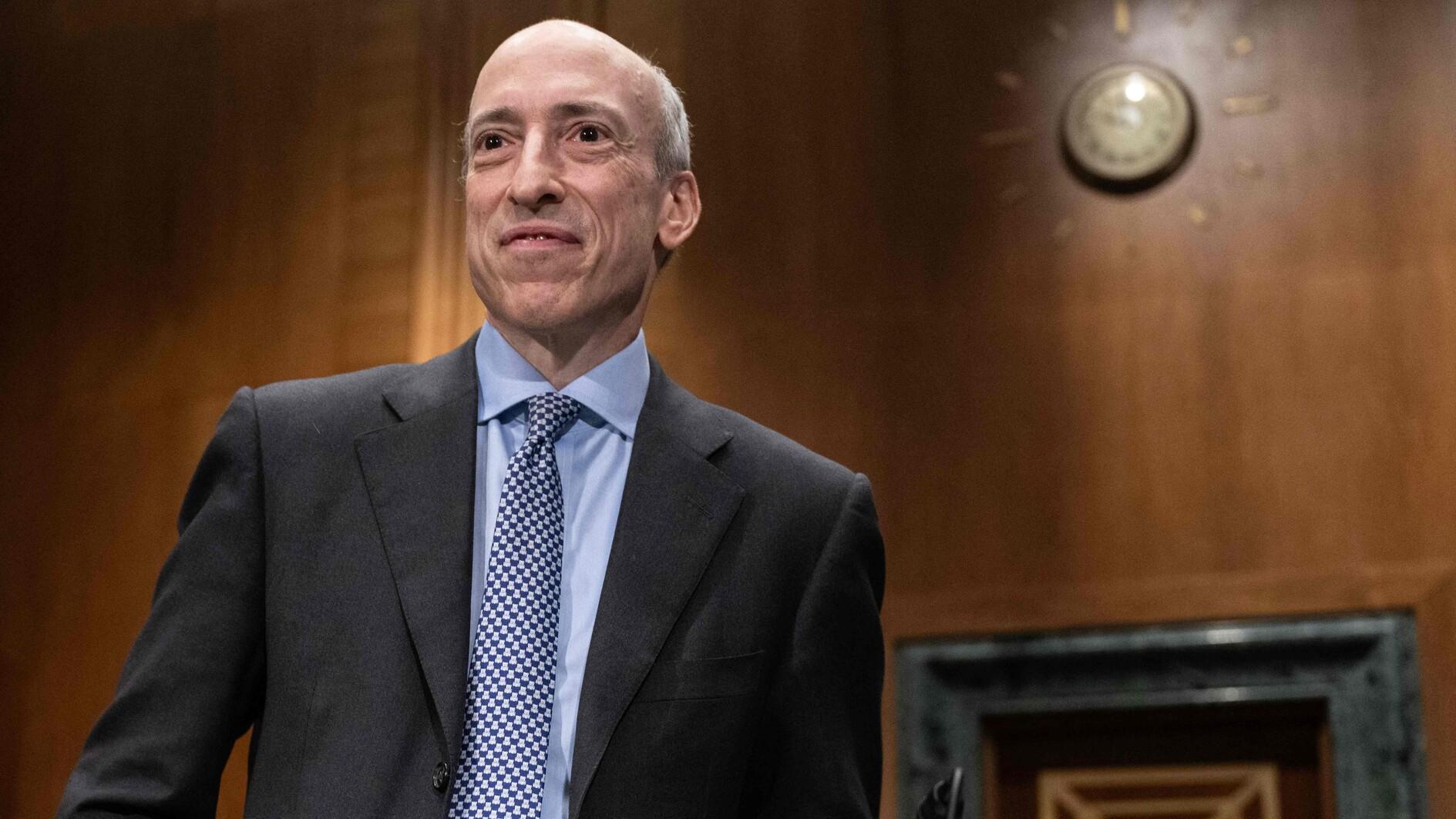Doğan publishing principles updated
ISTANBUL

Doğan emphasized that these principles were primarily written by journalists. ‘We shareholders, as a family, expressed our support,’ he said.
The “publishing principles” of Doğan Media Group’s have been updated for the first time in 13 years, Doğan Holding Honorary Chairman Aydın Doğan announced yesterday in the group’s Istanbul Hürriyet Dünyası (Hürriyet World) headquarters.“Conditions since 1999 have changed. Turkey had only two news channels at that time and internet media was not effective. In that regard we have reviewed our principles on the basis of 13 years’ experience,” Doğan said.
The new principles are split into two for both written and visual broadcasters. The written press principles cover 34 articles from basic journalism ethics to journalists’ usage of social media.
“The basic function of journalism is to serve facts to the public in an objective manner without exaggeration, censoring, and without being influenced by any pressure from interest or pressure groups,” the first article reads.
Doğan said the principles of the world’s most prominent newspapers and news channels - such as The New York Times, The Washington Post, the BBC and Le Monde - were regularly reviewed for updating.
“As one of the leaders of Turkish media, we have undertaken the responsibility to publish new principles,” Doğan said, emphasizing that these principles were primarily written by journalists.
In 1999 social media had still yet to take its shape and thus regulations are now needed for journalists’ social media usage, Aydın Doğan said.
“Newspaper and magazine staff must not ignore their professional and institutional identities in social media, and they must stand aside from behavior that could undermine or shadow the institution’s reputation and dignity. They should not make statements on behalf of their institutions unless they are authorized, and they should not share information about the inner workings of their institution,” the new 24th article reads.
The 26th article forbids creating fake social media accounts for Doğan staff, while the 27th article forbids information, photograph or content sharing on social media before it is published.
















